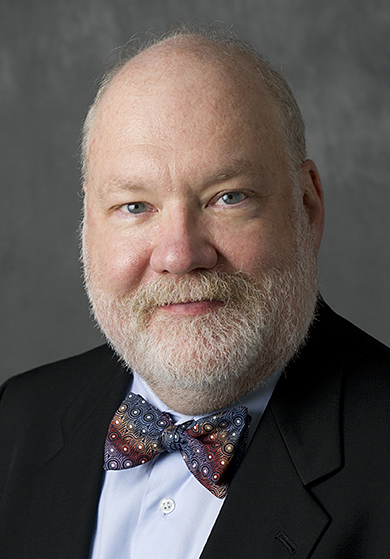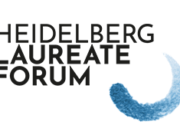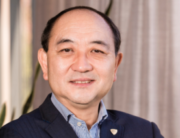IFIP Congratulates Eugene H. Spafford on winning the prestigious Kristian Beckman Award.
A professor of Computer Sciences at Purdue University in Indiana, USA, Spafford is also the founder and Executive Director Emeritus of the Center for Education and Research in Information Assurance and Security. He is presenting this week at the 32nd International Conference on ICT Systems Security and Privacy Protection (IFIP SEC 2017) I Rome, Italy on the state of cyber security.
Professor Spafford believes the nature of what we now call “cyber security” has changed considerably over the last few decades … as has computing itself. Those changes have occurred both from advances in the technology, and advances in the threats we face.
Unfortunately, he says this has resulted in more reactive, engineered approaches to security than thoughtful, designed-in approaches. In his talk, he summarizes some of his own experiences in security over the past 40 years and makes predictions about how the field may evolve. This includes observations about not only the technology, but about the legal, economic, and political issues that may shape what happens. A particular topic of focus is how we discover and share results in the field and the implications of those changes.
Professor Spafford is a Fellow of the AAAS, ACM, IEEE, (ISC)2, a Distinguished Fellow of the ISSA, and a member of the Cyber Security Hall of Fame — the only person to ever hold all these distinctions. In 2012, he was named as one of Purdue’s inaugural Morrill Professors — the university’s highest award for the combination of scholarship, teaching, and service.
He has been working in computing as a student, researcher, consultant and professor for over 40 years and some of his work is at the foundation of current security practice, including intrusion detection, firewalls, and whitelisting. His most recent work has been in cyber security policy, forensics, and future threats






